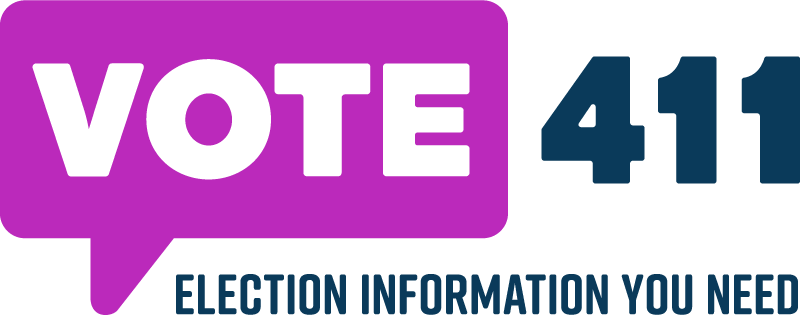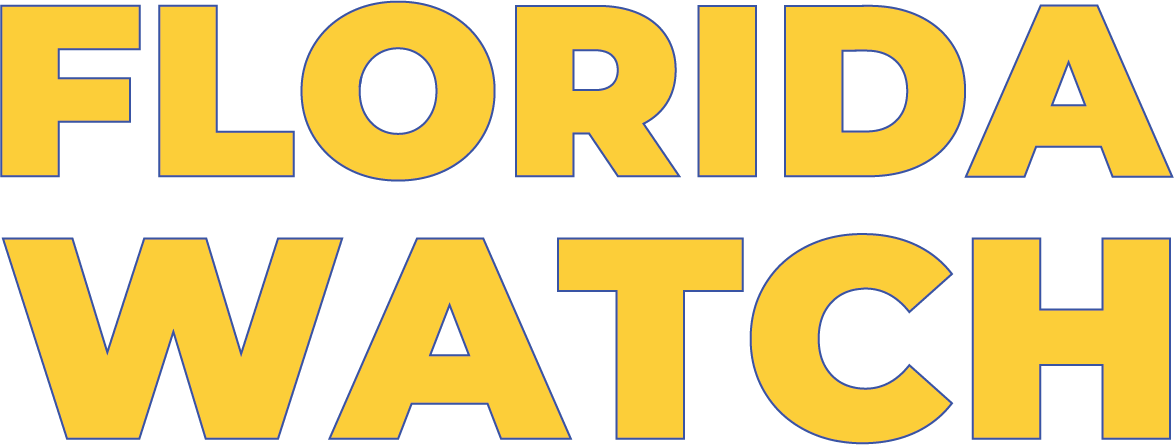Partisan Election of Members of District School Boards
The information on this page was provided by the nonpartisan League of Women Voters of Florida.
Ballot Language
Proposing amendments to the State Constitution to require members of a district school board to be elected in a partisan election rather than a nonpartisan election and to specify that the amendment only applies to elections held on or after the November 2026 general election. However, partisan primary elections may occur before the 2026 general election for purposes of nominating political party candidates to that office for placement on the 2026 general election ballot.
Synopsis
School board elections in Florida are currently non-partisan. That means all registered voters, no matter their party affiliation, can currently vote for the school board candidate of their choice in the primary and the general elections. In addition, candidates for school board races, like candidates for all nonpartisan offices, are currently prohibited from campaigning based on party affiliation.
Florida had partisan school board elections until 1998 when voters approved Amendment 11 with 64% of the vote. Amendment 11 prohibited partisan primaries and party labels in school board elections. Amendment 11 was referred to the ballot by the Florida Constitution Revision Commission. Florida is one of 41 states with state laws providing for nonpartisan school board elections.
Proposed Amendment 1 was referred to the ballot by a majority vote in the 2023 Legislature. (Senate: 29 Yes to 11 No; House: 79 Yes to 34 No).
Proposed Amendment 1 would require members of district school boards to be elected in partisan elections, with their political party designated on the ballot.
Since Florida is a “closed” primary state, only voters registered with a political party can vote for candidates in their party’s primary election. Voters registered as No Party Affiliation (NPA) cannot, by law, vote in any partisan primary election. Other local offices such as county commissioners, supervisor of elections, state attorneys and public defenders are currently partisan races, while judges and many city councils are nonpartisan races. Closed partisan primaries exclude nearly 30% of registered voters who are classified as NPAs, nearly 4 million voters.
Opponents to this amendment, including Common Cause Florida, Florida for All, NAACP FL State Conference, Florida NOW, Mi Familia en Accion, SEIU 1199 Florida and the League of Women Voters of Florida, argue that partisan school board races would exclude NPAs from voting in primaries and increase political polarization. Schools should not be politicized and everyone should be welcome at schools regardless of party affiliation.
Supporters of the amendment, including the majority of the Florida Legislature, state that since public education has become polarized through cultural issues reflected in new legislation that school board elections may have already become partisan. Additionally, a candidate’s party affiliation may predict how they will vote on controversial school board issues.
A Yes Vote Would…: Change School Board elections to partisan elections beginning in 2026, requiring the candidate’s political party to be designated on the ballot and triggering closed primary elections.
A No Vote Would…: Leave School Board elections as nonpartisan elections with no closed primaries, allowing all voters to vote for any candidate.
The information on this page was provided by the nonpartisan League of Women Voters of Florida.



